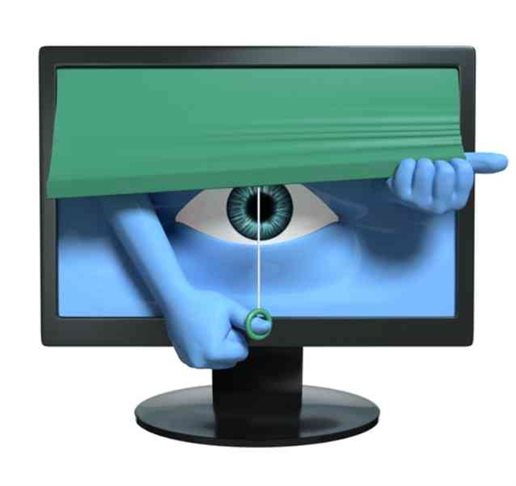19th June 2020, Kathmandu
The government plans to monitor the country’s Internet traffic at 1 billion rupees. The number of Internet users in Nepal has increased rapidly in the last year. This happens when people now view the Internet as the leading service of their lives. This is the familiar feeling in Nepal when city dwellers use the Internet and all the time.
There were 10.21 million Internet users in Nepal by January 2020. The number of Internet users in Nepal increased by 315,000 (+ 3.2%) between 2019 and 2020. Internet penetration in Nepal was 35% in January 2020.
Due to the increasing use of the Internet, many crimes and illegal activities have occurred online. Online crimes are hard to find out if a country has open Internet infrastructure. so, The government plans to monitor the Internet.
What is Internet monitoring?
Internet monitoring involves collecting and analyzing behavior, activities, or information to influence, manage, or controlling the websites visited by users, services, or individual devices. Monitoring allows governments and other agencies to maintain social control, Identify and monitor threats, prevent and investigate criminal activities.
There are many websites and resources on the Internet that are not suitable for children and adults. Most adult and pornographic sites that are not suitable for children are prohibited.
What is the government planning to do?
The Nepal Telecommunications Authority plans to purchase an integrated system for automatic content filtering and URL blocking. It would cost a total of Rs 1 billion.
After applying the filter, we can only see the resources that the government has shown us on the Internet, which can violate people’s freedom.
Do you think internet monitoring is proper?
Internet monitoring can be very beneficial for the government. Cybercrime will reduce and increase security. All harmful websites are prohibited. Internet productivity will increase while toxic sites will be banned. But, people’s privacy is violated, and nobody likes to be watched. Any government surveillance of social media poses a serious risk to users’ privacy and freedom of expression. Even public posts on social media can reveal many private details about a person. Messages and publications that you do not make the public can contain particularly confidential information since this information is intended for a limited audience.
